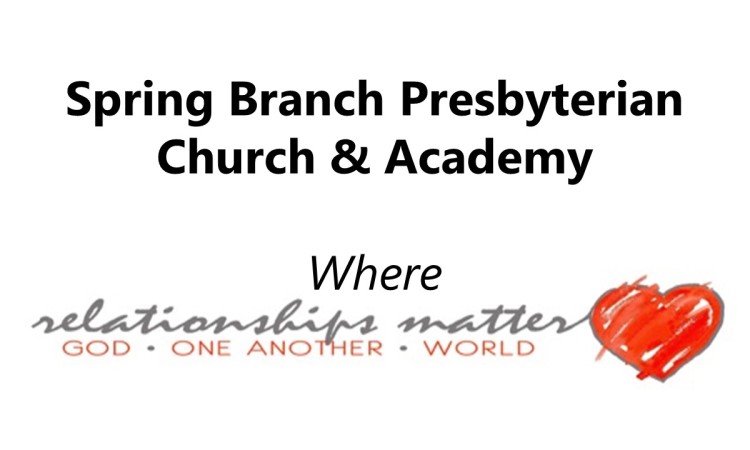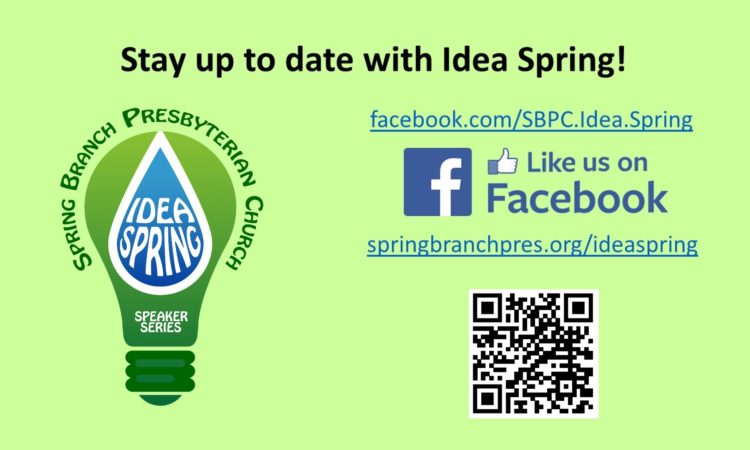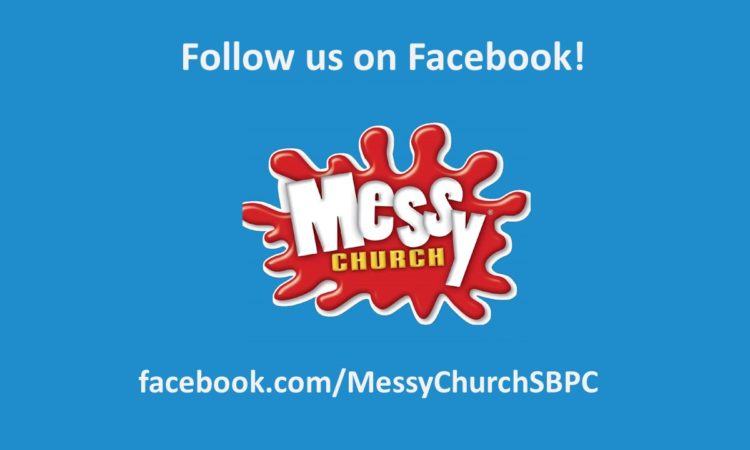“Dogs, Crumbs & Spit–Ephphatha!” Sermon by Dr. Laurey Murphy
“Dogs, Crumbs & Spit–Ephphatha!”
Mark 7:24-35
Sermon on 9/9 by Dr. Laurey Murphy
Here it is Rally Day 2012 and our lectionary passage this morning is about dogs, crumbs and spit! It is one of the most difficult passages about Jesus in the whole Bible. What does it say to us as God’s Word today? Maybe a second glance, a closer look would help us to hear beyond the shock of Jesus calling a woman a “dog” and putting spit on a man’s tongue!
In the context of Mark’s Gospel, Jesus is in ministry at a neck-breaking speed— always surrounded by people who need something from him. Rarely does Jesus take a break. When he does, it never seems to go as planned. Like in this passage, Jesus arrives in Tyre, a coastal region great for a little R & R. He tries to retreat…pulling the blinds closed and going unnoticed. Yet he has no such luck. Immediately (which is Mark’s favorite word), immediately upon hearing Jesus is there, a woman goes and throws herself down at his feet. Our English polite word is “bow,” but the Greek says it more graphically…that the woman throws her whole self down at his feet.
That’s the first mark against her…the fact that she is a woman. Remember in that day and time, women didn’t count for much. For example, in order to have a worship service, there had to be at least 10 men present. You could have 10 women…or 100 women; but if you did not have at least 10 men, then there could be no worship in the synagogue nor the temple!
Not only was she a woman but an unescorted one. In Biblical times, unescorted women didn’t just come up to a man, even one as famous as Jesus, and make demands. It just wasn’t done.
And she wasn’t just an unescorted woman but a Gentile—unclean by all religious standards. Gentiles were not to be touched, nor spoken to, nor listened, to nor even acknowledge as being present.
And she wasn’t just a Gentile, unescorted woman but a Syro-phoenician— which means she was from the country just north of Israel known today as Lebanon. As you know even today, these people are not the best of buddies: having landmines between them and letting lose missiles every so often just to remind each other to keep the distance between them. Syrophoenicians were considered to be dogs…and I don’t mean like the pampered ones who are our pets today!
And of all things, Jesus goes ahead and reminds this poor woman to her face that she is a dog! It is not the nice Sunday School picture we have of Jesus whom we so often assume was nice to everyone and would help anyone who asked. When this woman comes to Jesus and begs him to heal her daughter, he tells her that it is for the sake of God’s people, the Children of Israel, that he comes and not the dogs like her.
It’s even more shocking to hear this in its context! But the disciples would not have been disturbed by the fact that Jesus refers to her as a dog. No, what would be so shocking to them and the first readers of Mark is that Jesus would even acknowledge this woman’s presence much less— listen and respond back to her. Such was just not done! And the woman does not give up —she’s desperate as a mother for the sake of her child. Doggedly she persists, “Sir, even the dogs under the table eat the children’s crumbs.”
After having been around two grand-dogs…not grandchildren but grand-dogs for the Labor Day weekend, I know the truth about dogs at the dinner table: they DO NOT give up in hopes of a bite of food from the dinner table. They will sit there right beside you with those big dog eyes watching as you eat every bite. They’ll try to soften your heart by putting their heads in your lap and give pathetic sounding whimpers. And if you are a sucker giving in with a slip of your dinner, they will stick to you like glue and beg for more. They will wait for eternity for the crumbs to fall. For the desperate mother, crumbs were more than what she had.
It must have really gotten to Jesus because he ends up changing his mind and helps her. And not only her, but turning from the coast inland towards the Sea of Galilee, Jesus heals another Gentile—a deaf man with a speech impediment. Taking the man aside, Jesus gives him what kids call today, wet willies—putting his fingers in the man’s ears. And then of all things, Jesus spits and touches the man’s tongue…how graphically gross can the truth of the scriptures be. It reminds me of how my mother would slick down one of my stray pieces of hair, going into church on Sunday morning, —wetting her fingers and laying down my hair.
“Then looking up to heaven, Jesus sighed.” Did you catch that in the Gospel reading…the sigh? Was Jesus sighing because in being fully human he didn’t get enough r & r on the coast? Or did he sigh because here was another outsider who needed him as much as God’s own people? Or did he simply let his breath go so that he himself could take in the life-giving breath of the Spirit?
“Looking up to heaven Jesus sighed” and said in his Aramaic tongue, Ephphatha, which Mark tells that it means— “be opened!” Jesus was telling the man’s ears to open up! But Mark was telling his gospel readers to be opened up to Jesus really being the Messiah and not just for themselves but for all!
What’s fascinating with these two stories put together, is that Jesus himself had to be opened up to the Syrophoenician woman and the idea that his ministry wasn’t confined just to those identified as “God’s people.” As one Bible commentator said, “this is when the faith of God’s people went to the dogs,” —which now includes you and me, too. This IS the good news of the gospel in Jesus Christ! Ephphatha!
In the year 1523 when the Protestant reformer Martin Luther was putting together what was to be the worship service for baptism, the actual words and action of a baptism required the pastor to take some of his own saliva and touch the ears and lips of the one getting baptized. Then the pastor was to say, “Ephphatha! Be opened!” I don’t think I would be around here too long if I started doing that in a baptism!
But I do think that one of the places today’s scripture intersects with us is the call for us to be open to being opened to the possibilities God has for us all to learn and to grow in the faith of our Lord Jesus Christ. Thus, it is like the ripple effect of the water of our baptism, to be opened in all parts of our lives. Be open to being opened! Ephphatha!
Where in your own life do you need to be opened? Ephphatha!
Is it in the impossible of forgiving someone? “Ephphatha!” Is it in the need for your heart to be bigger in loving someone who is difficult? Ephphatha! Is it to think that there is still more for you to learn? Ephphatha! More for you to grow? Ephphatha!
Where in our life together do we need to be opened? Ephphatha! Is it in our ministries? Ephphatha! Is there a balance in ministry to our own and ministry beyond ourselves? Ephphatha! Do we keep the faith for ourselves or are we passing it on to the next generation? Ephphatha!
On this Rally Day Sunday as we celebrate the abundance of God’s grace and mercy in the cry of “Jubilee,” may our prayer be Ephphatha! May we continue to learn and to grow as God’s people! Ephphatha!









